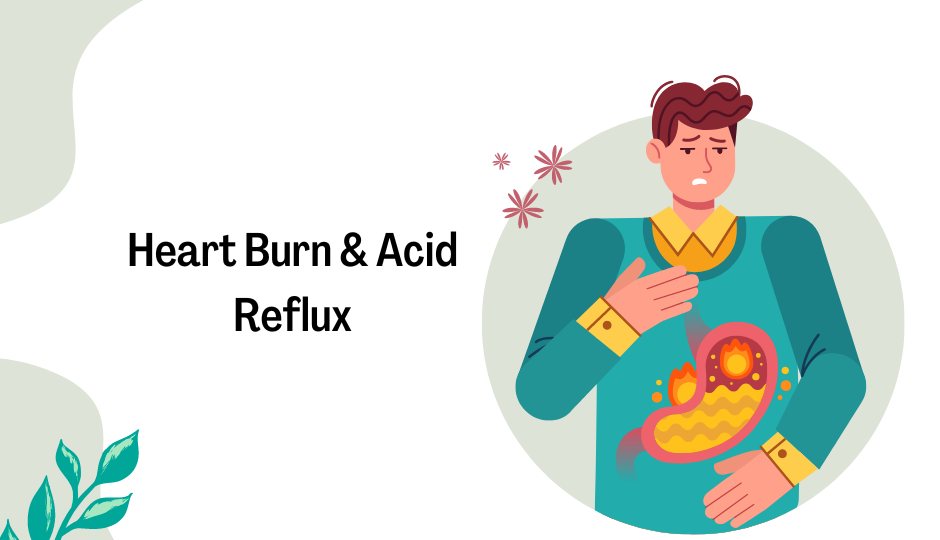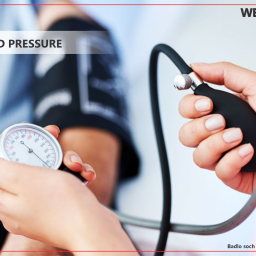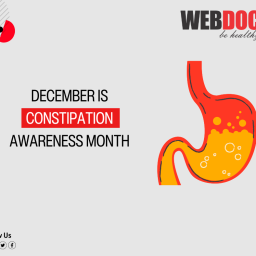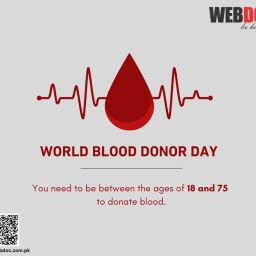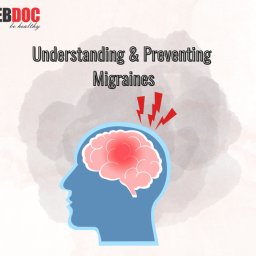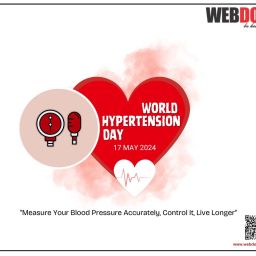Introduction
Heartburn is a burning feeling in the chest caused by stomach acid travelling up towards the throat (acid reflux). If it keeps happening, it’s called gastro-esophageal reflux disease (GORD).
The main symptoms of acid reflux are:
- Heartburn – a burning sensation in the middle of your chest
- An unpleasant sour taste in mouth, caused by stomach acid
- A cough or hiccups that keep coming back
- A hoarse voice
- Bad breath
- Bloating and feeling sick
Causes of heartburn and acid reflux
Lots of people get heartburn from time to time. There’s often no obvious reason why.
Sometimes it’s caused or made worse by:
- Certain food and drink – such as coffee, alcohol, chocolate and fatty or spicy foods
- Being overweight
- Smoking
- Pregnancy
- Stress and anxiety
- Some medicines, such as anti-inflammatory painkillers (like ibuprofen)
- A hiatus hernia – when part of stomach moves up into the chest
How you can ease heartburn and acid reflux yourself
Simple lifestyle changes can help stop or reduce heartburn.
Do
- Eat smaller, more frequent meals
- Raise 1 end of your bed 10 to 20cm by putting something under your bed or mattress – make it so your chest and head are above the level of your waist, so stomach acid does not travel up towards your throat
- Try to lose weight if you’re overweight
- Try to find ways to relax
Don’t
- Do not have food or drink that triggers your symptoms
- Do not eat within 3 or 4 hours before bed
- Do not wear clothes that are tight around your waist
- Do not smoke
- Do not drink too much alcohol
- Do not stop taking any prescribed medicine without speaking to a doctor first
Treatment from a GP
To ease symptoms of acid reflux, a GP may prescribe medicine that reduces how much acid the stomach makes, such as:
- Omeprazole
- lansoprazole
You may be prescribed 1 of these medicines for a month or 2 to see if your symptoms stop.


